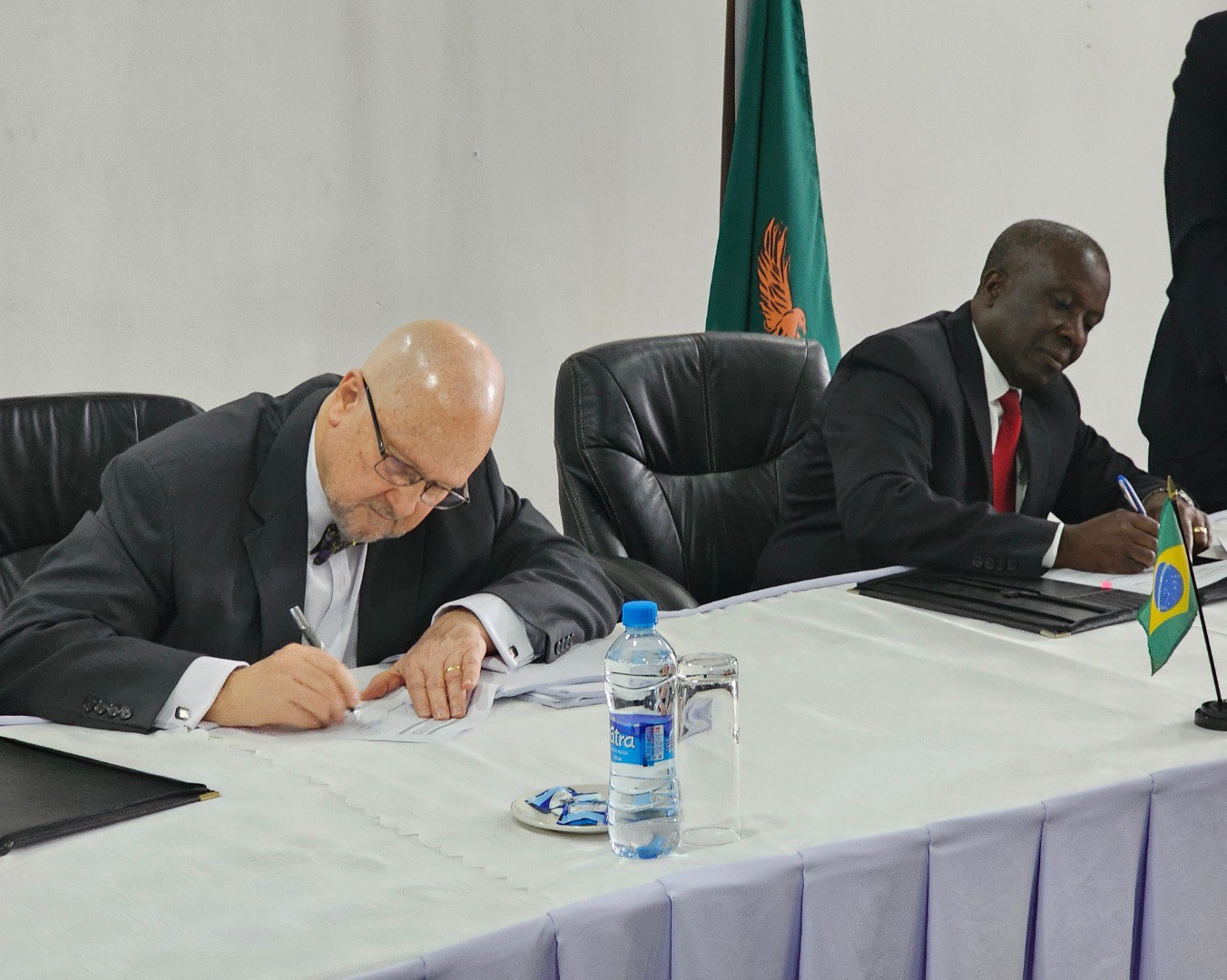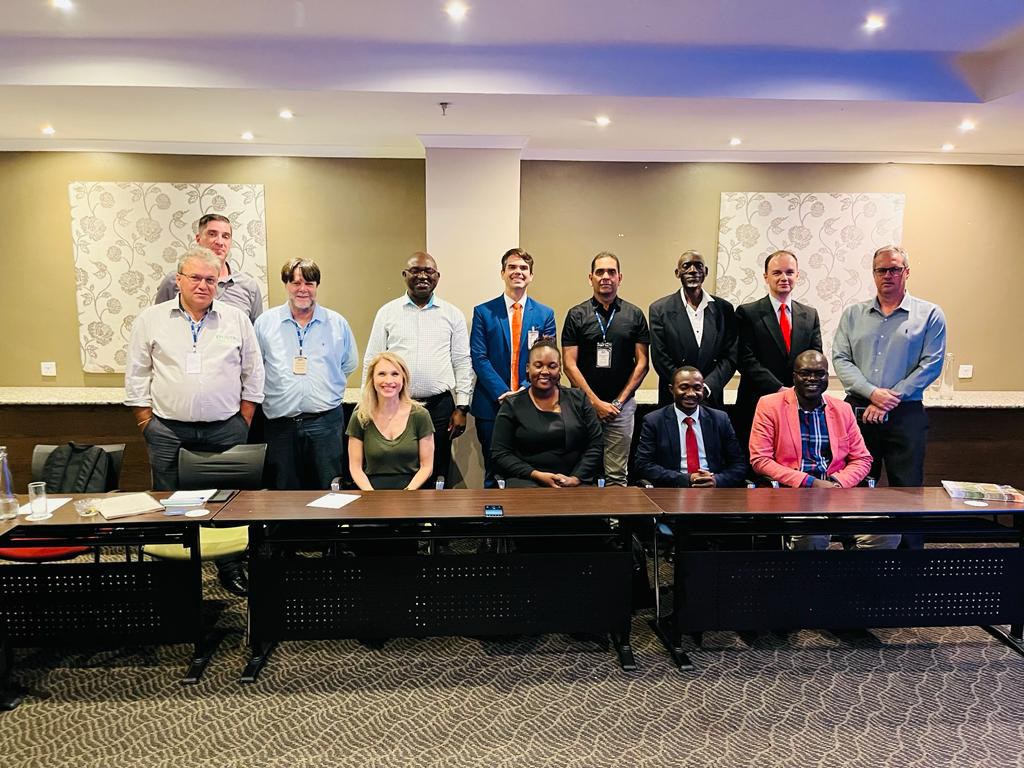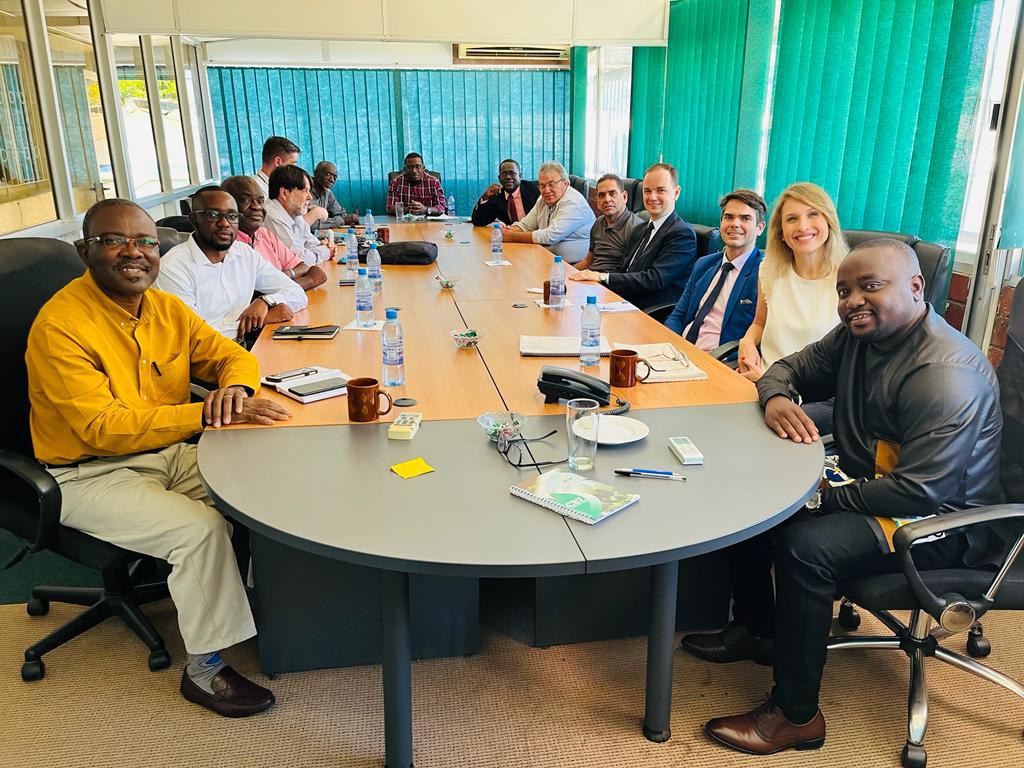Notícias
Brazil and Zambia sign new project in cotton cooperation

- Strengthening the cotton value chain in Zambia
The initiative will be coordinated by the Brazilian Cooperation Agency (ABC), of the Ministry of Foreign Affairs, in partnership with the Zambian government, with the aim of contributing to Zambia's socio-economic development, benefiting around 300,000 family farmers (or 1 million people, when considering the families of each farmer). In total, resources in excess of USD 1.6 million are estimated for the development of the cotton sector in that country.
The Technical Assistance and Rural Extension Company of the State of Minas Gerais (EMATER-MG) and the Agricultural Research Company of Minas Gerais (EPAMIG) will be the Brazilian partner institutions in the initiative, which will share their technical knowledge on cotton production with smallholder farmers in that country, following the example of similar experiences in projects carried out in Mali, Mozambique, and Zimbabwe.
In his speech, the Brazilian ambassador emphasized that the South-South cooperation project was developed at Zambia's request. “The cooperation takes place on a horizontal basis, without conditionalities on the part of Brazil, with special attention to the transfer of knowledge, through the validation and dissemination of efficient cotton production systems,” he said. The diplomat also pointed out that the success of the project depends on the commitment of both countries to carry out the actions to be implemented.
Priority Areas
The activities undertaken by the project will focus on three priority areas related to the cotton production chain. The first refers to the validation of cotton cultivation systems and support for the transfer of technologies suited to the agronomic and socio-economic conditions of that African country, through the training of researchers, extension workers, local technicians, and leading farmers, who will be able to use and disseminate cotton cultivation technologies.
The second priority area includes the supply of cotton seeds. The third aims to improve the facilities of cotton research institutions. All stages of this process will require social mobilization actions, which will have to be prepared and carried out by local institutions under the leadership of the “Zambia Cotton Board”.

- Strengthening the cotton value chain in Zambia

- Strengthening the cotton value chain in Zambia